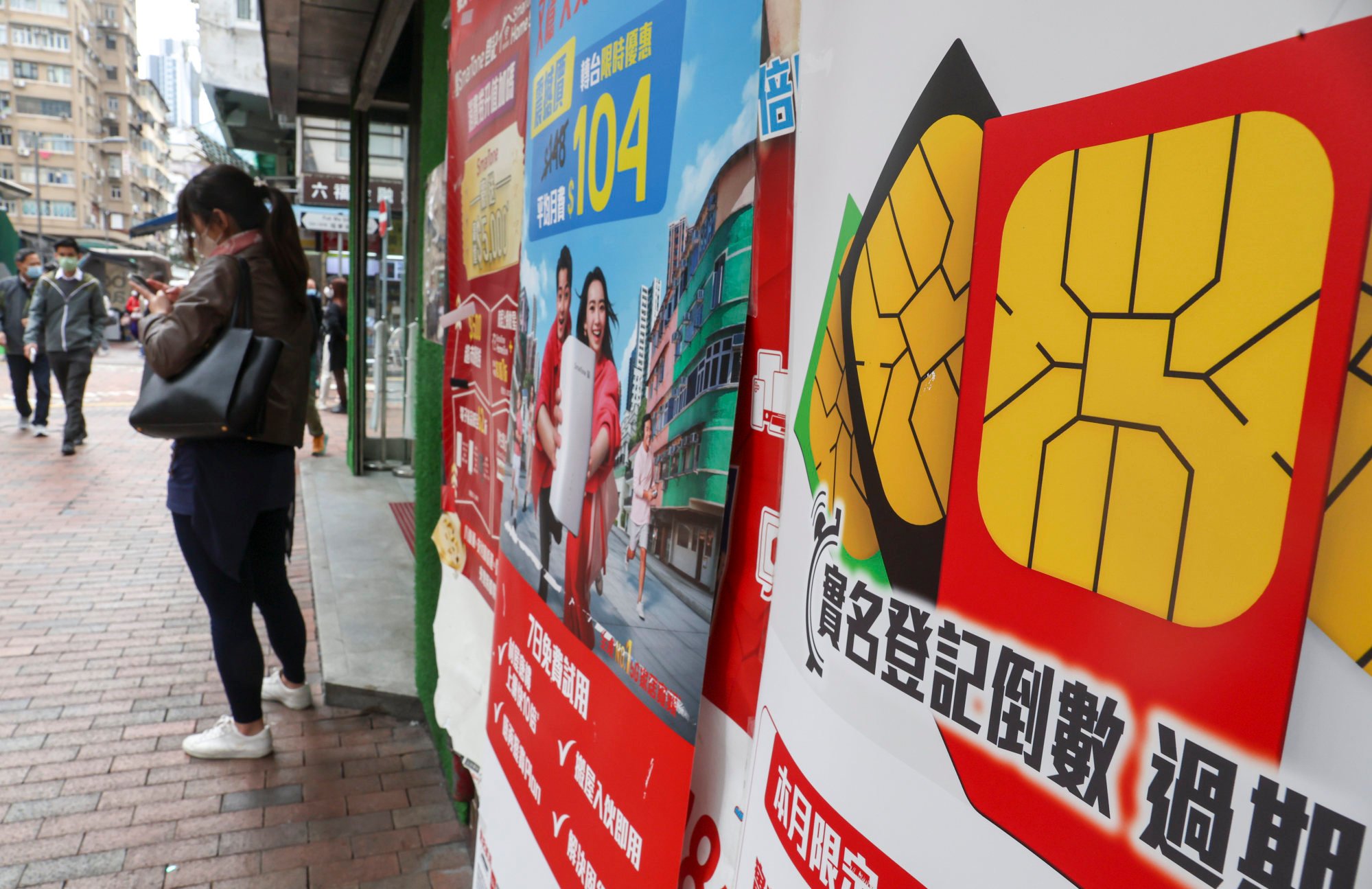According to police, 597 phone fraud cases were reported from January to March, compared with 1,144 in the last quarter of 2022. During first quarter this year, police arrested 220 people suspected of being involved in phone scams. — SCMP
The number of phone scam cases in Hong Kong dropped by nearly 50% in the first three months of this year from the last quarter of 2022, but police said it was too early to conclude if the new mandatory real-name registration of SIM cards could curb the crime.
Police released the latest figures as they pledged to strengthen cooperation with banks to block fraud, including identifying potential victims by reviewing their transaction records.
The force is also considering adopting similar anti-fraud measures to Singapore, where bank representatives worked at the police’s anti-fraud unit. The city state also required companies and institutions to register on an SMS sender registration system.

According to Hong Kong police, the 597 phone fraud cases from January to March involved a total loss of HK$195.1mil (RM109.30mil or US$24.8mil), compared with HK$355.23mil (RM199.02mil) in the 1,144 cases from October to December last year.
During the first three months of this year, 220 people involved in phone scams were arrested.
The annual number of phone scams jumped to 2,831 last year from 1,140 in 2021 and 1,193 in 2020, police said. Victims lost about HK$1.08bil (RM605.08mil) in total last year.
Rick Chan Wai-kei, acting senior superintendent of the police’s counterfeit, support and intelligence of the commercial crime bureau, said while the real-name registration of SIM cards in February could help trace callers, it was still too early to ascertain its impact.
Chan said phone scams were a prevalent type of fraud in Hong Kong, with the number of cases soaring over the years.
“Although phone scams overall this year have improved from that of the second half of last year, we cannot let our guard down,” he said, adding new arrivals from mainland China, students from other places, the elderly and professionals could all become victims.
“Phone scams have become a social problem. We hope to form an atmosphere in our society where all residents fight it together,” Chan said, urging locals to stay alert for suspicious calls and not to disclose personal bank accounts and passwords.
Chief Inspector Grace Wong Chi-man, of the bureau’s anti-deception coordination centre, said the force recorded two main types of phone scams, one in which scammers acted like officials, and the other where criminals pretended to be family, friends or colleagues.
While the number of the former type of scams was falling, Wong said the latter surged from 84 cases in January to 233 in March.
“The increase is worrying,” Wong said, adding most people falling victim to the latter type of scam were those aged above 60.
A victim, retiree Hau, who only gave his surname, said he lost HK$2.1mil (RM1.17mil) last year when a scammer called him, claiming to be a mainland security official and accusing him of being involved in a money-laundering case across the border.
Hau said he disclosed his personal information, including his bank account and identity card number, to the scammer while trying to prove he was innocent because he was in Hong Kong when the alleged crime was committed.
He added a woman was sent to install software on his mobile phone, which was used to transfer money out of his account without him noticing.
To combat phone fraud, Chan said, police had set up a task force in September last year and worked with telecoms providers to formulate measures, including blocking suspicious calls from the source, and sending message or voice alerts to mobile phone users.
They were also organising anti-fraud activities, distributing anti-deception information and considering an SMS sender registration system.
He said more than 100,000 suspicious phone calls and about 2,200 websites had been blocked, while about 600 local mobile numbers had their service terminated.
Meanwhile, the Office of the Communications Authority announced on Tuesday that anti-fraud voice alerts or messages to warn Hong Kong users about potential scammers would be displayed on all calls with the “+852” prefix from next month as part of the push to tackle phone swindles. – South China Morning Post





